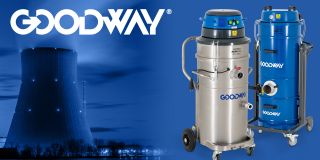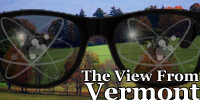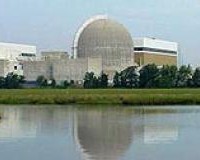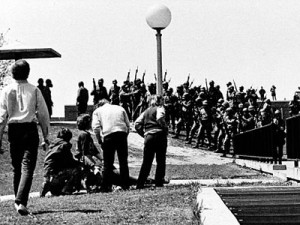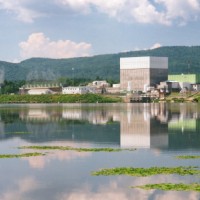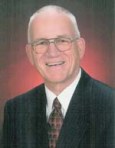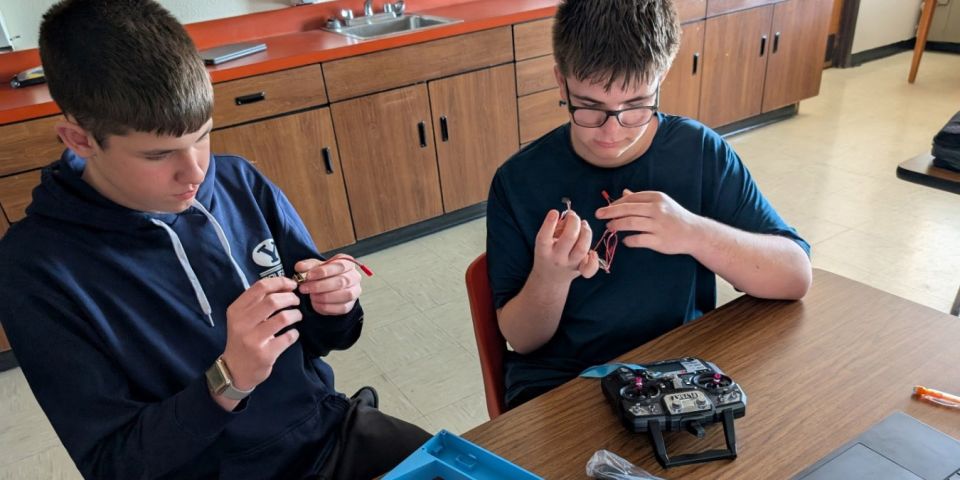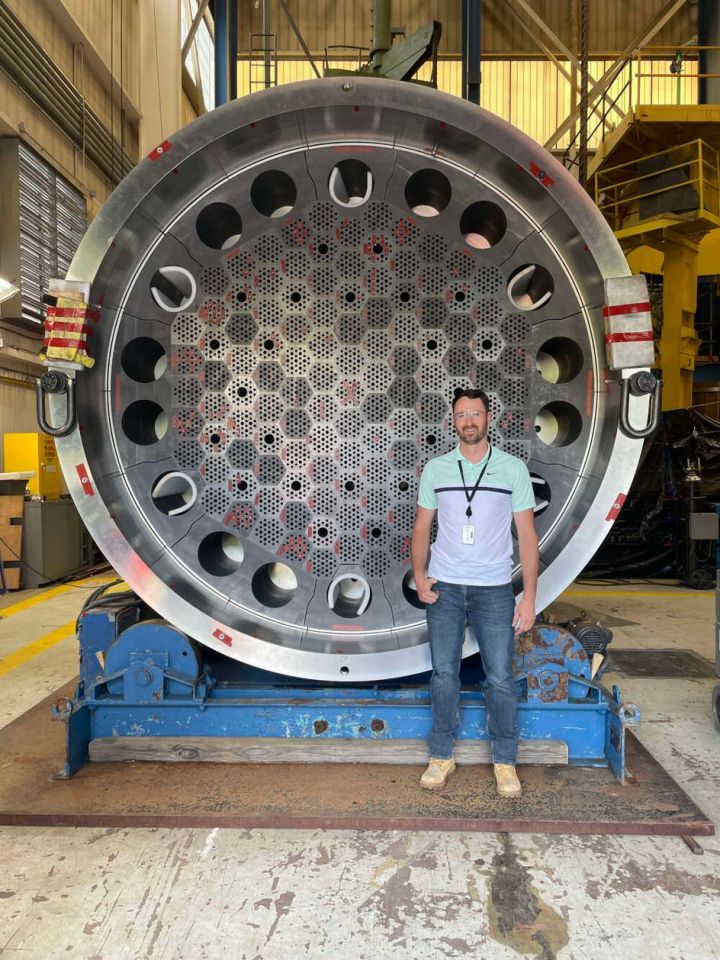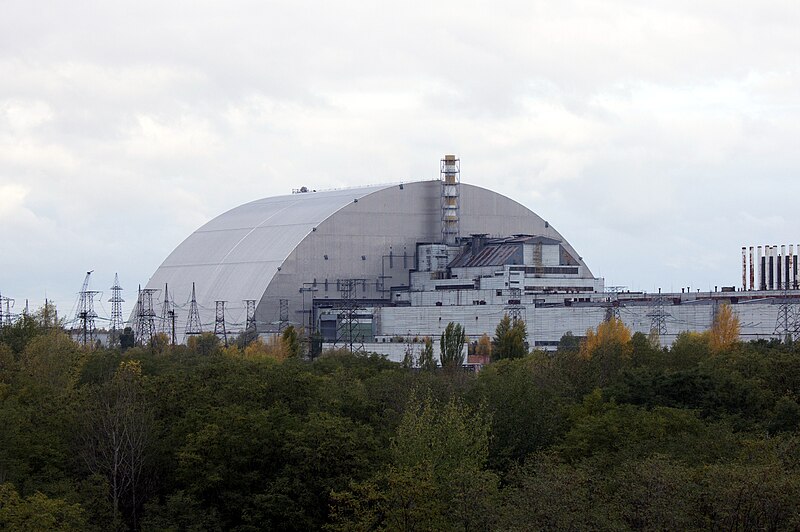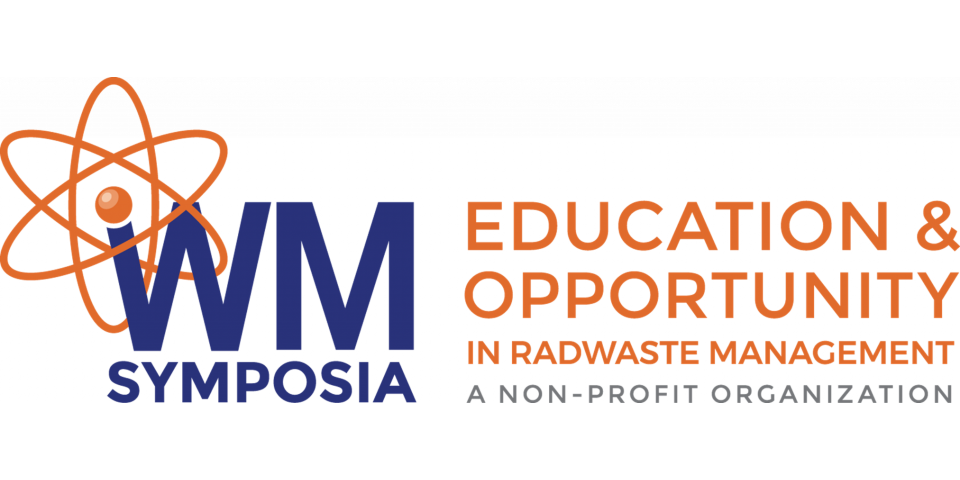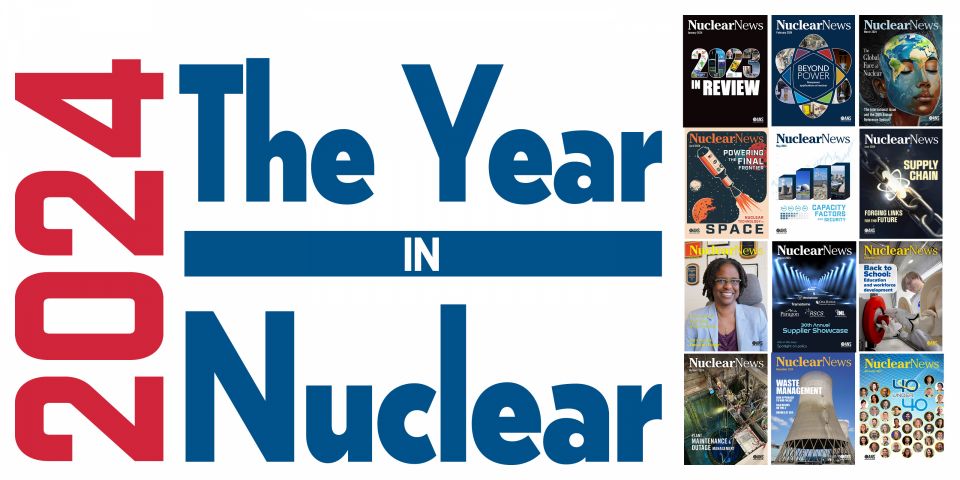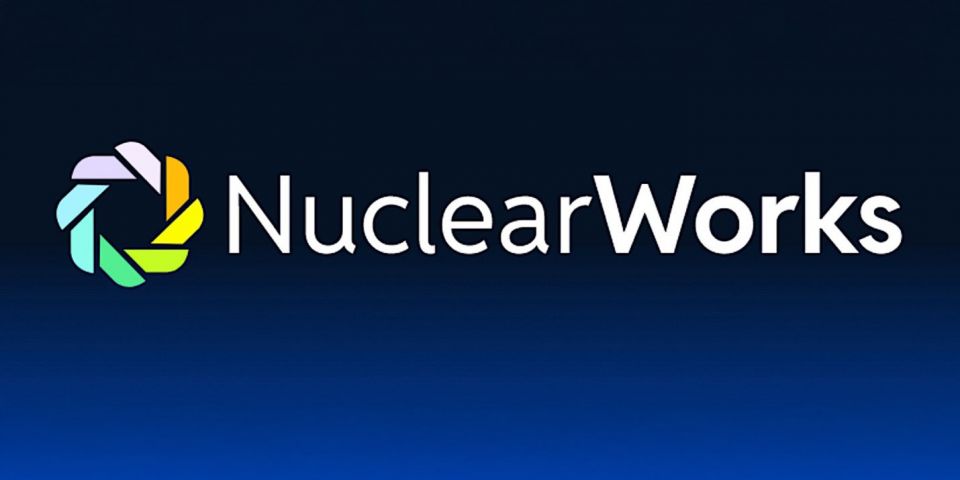A Tale of Two Nuclear Opponents
The Professional Opponent
A colleague once asked me, "Who is X?" (X is used to conceal name.) The colleague had heard X introduced as a "scientist" at nuclear power plant public review meeting. My colleague looked on X's organizational Web site, but could not find X's qualifications. "Does anyone know anything about X? Does X actually have any technical background at all?" the colleague asked.
Yes, I explained, I know something about X, and no, X has no technical background.
I first met X sometime after I began working at the Seabrook plant in 1984. The Clamshell Alliance, an anti-nuclear group, was holding public meetings and staging protests against the plant, and some of us from the plant attended the meetings. We always identified ourselves as plant employees, so as not to give ammunition to the charge that the plant was spying. Of course, if we had been asked to leave, then it wouldn't have been a public meeting! We held conversations, and always tried to be polite (which is often not easy), regardless of how we were treated (I must admit that my politeness sometimes slipped).
Even at that time, X had a usual-form activist history: Studied philosophy in college and dropped out, counseled draft resistors during the Vietnam War, joined the anti-nuclear protest movement shortly afterward.
While I was working at Seabrook, after 1986, the protesters' plans included scaling the fence around the plant site. I had met X by then, and knew that security regulations had expanded the specific rights of security guards. I wrote to X, who was active in the Clamshell Alliance, and included a copy of the guards' rights, which specified the right to shoot in self-defense. I asked, "Please, no more Kent States," referring to the Vietnam War college campus protest tragedy, where several students were shot, and one or more killed, the aftermath of a large crowd of students surrounding a small band of National Guard troops.
Thankfully, the Seabrook protest ritual had evolved to the point where the police would be on board, the media would be called, those protesters picked ahead of time would scale the fence and be arrested, and all would then go safely home. The media would have its footage and nobody would be hurt.
I met X many times after that, as he moved from positions in one anti-nuclear organization to another. I saw him testify in Washington, D.C., and in Montpelier, Vt. Our last meeting was when he came to present to legislative committees on the Vermont Yankee tritium leak. He and his colleague egregiously said that the leak was unmonitored, and that this was not allowed! Shortly thereafter, we were on a plane together from New Hampshire to Washington, D.C. We sat together and talked.
X firmly believes that nuclear power must be done away with to ensure elimination of nuclear weapons. Of course, X also believes that "any amount of radiation is harmful." X and his organization don't have a transition plan, for how the United States and the world would keep going while we convert to their proposal of a nuclear-free existence.
X is a professional "anti-nuke," making a full-time living at opposing nuclear plants. He represents a very few who are the hard core. One can learn how to counter his arguments, but one cannot hope to change his mind.
The Concerned But Reachable Volunteer
 At the other end of the opponents' spectrum is Y, an anti-nuclear volunteer. Several years ago, Y arranged a debate about nuclear energy and I was a panel member. Y had retired from urban life to live in the hills of the Connecticut River Valley. Once, we both happened to be at Vermont's State House, in Montpelier, at the same time. Y came over to me to say hello.
At the other end of the opponents' spectrum is Y, an anti-nuclear volunteer. Several years ago, Y arranged a debate about nuclear energy and I was a panel member. Y had retired from urban life to live in the hills of the Connecticut River Valley. Once, we both happened to be at Vermont's State House, in Montpelier, at the same time. Y came over to me to say hello.
I saw her again just a few days ago. On June 23, the Safe and Green Coalition held a demonstration in Brattleboro, Vt., outside the Post Office building, where the federal court was holding an injunction hearing, in the suit by Vermont Yankee against the State of Vermont. Meredith Angwin (who also writes blog posts under the View From Vermont banner) and I attended. Meredith had a poster with a picture of a child using a breathing mask, saying "Save the Children (from asthma). Yes Vermont Yankee." Y was there on the sidewalk with a sign, along with 60 others. Y called to me as I walked along, and we again had a cordial conversation.
I could see in Y's eyes some genuine concern about nuclear and a sense of doubt. There were no strident words, and no bubbling up of anger as with some of the others there. Y truly wants to do well by the children, and she sees nuclear as a major danger. In my opinion, she is not entirely dedicated to that belief.
Different strokes
Opponents are a mixture of people with a range of feelings. These feelings go from fear, anger, and "lie down in front of the bus" determination, to questioning and apprehension about nuclear power. Some such as Y appear to be unsure about the depth of their opposition.
The challenge for nuclear advocates is to find ways to communicate-that is, address the fears and concerns of those who are reachable. By doing so, we will bolster our supporters and convince the wavering middle ground in the electorate.
We do not have an easy job, because we are in an arena with the loud voices of the professional opponents. These professionals can be cordial, but will never be swayed. Still, we can convince the concerned citizens. Some high-profile former opponents have been able to see the light.
We must challenge the false statements of the professional, and we must keep working to engage concerned citizens by providing correct information, acknowledging their fears, and speaking to reasons that matter to them.
Howard Shaffer has been an ANS member for 35 years. He has contributed to ASME and ANS Standards committees, ANS committees, national meeting staffs, and his local section, and was the 2001 ANS Congressional Fellow. He is a current member of the ANS Public Information Committee and consults in nuclear public outreach. He is coordinator for the Vermont Pilot Project.
Shaffer holds a BSEE from Duke University and an MSNE from MIT. He is a regular contributor to the ANS Nuclear Cafe.

